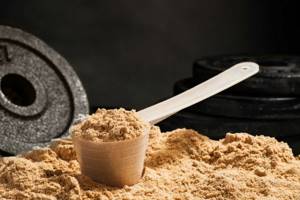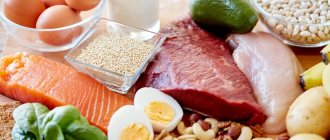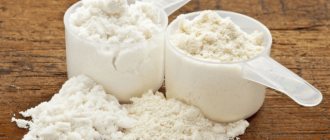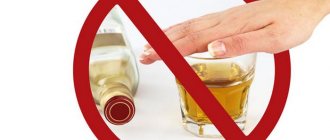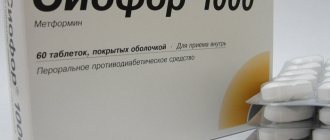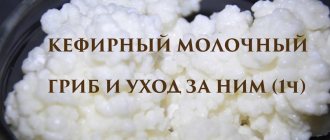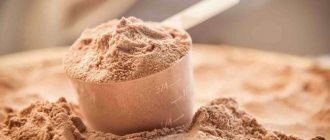What is protein made from and what is it needed for? At what age can you take it without fear for your health? At the present stage, young people are developing in the right direction, and more and more young people are giving preference to health and sports. No wonder. A beautiful body, a healthy mind, attention from the opposite sex, an active rhythm of life, regular sex - all this brings more satisfaction than alcohol, cigarettes or, even worse, drugs.
But against the backdrop of interest in sports, many questions arise related to the relevance of taking sports nutrition. It is not always clear whether teenagers can take protein, at what age can they drink sports nutrition, how harmful proteins are for a growing body, and so on. As a result, there are more questions than answers. Let's put everything on the “shelves”.
What is protein?
Despite the abundance of information, many people mistakenly associate protein with steroids. In fact. These are different things. In the first case, we are talking about natural sports nutrition made from ordinary food products, for example, milk, whey, eggs, and so on. As for steroids, this is a synthetic product or, in simple words, “chemistry”.
The only peculiarity of the protein is that it is a concentrated composition of the same protein that is found in dairy products. Thanks to special techniques, the most useful components are literally “mined”, dried and turned into powder. As a result, the result of one spoon of protein can be equal to, for example, a kilogram of cottage cheese eaten. At the same time, scientists assure that protein can be taken by absolutely everyone without exception.
In addition, drinking a ready-made supplement is much more convenient, because all that is required is to mix it with liquid (water, juice, milk, etc.). If you regularly consume protein, you can forget about the lack of protein in the body. So the benefits are undeniable. The only question is, is it necessary to help a young body? Is it worth using sports nutrition before the age of 16-18?
Do teenagers need protein?
+1
It just so happens that the new generation brings new ideals of beauty. Pumps were replaced by thinness, and later a fashion for an athletic and sculpted body appeared. If an adult thinks several times before going on a strict diet or starting to work out in the gym 5 days a week, then teenagers will react very violently to the opinions of others. Moreover, excessive physical activity can have a detrimental effect not only on academic performance, well-being, but also on physical development in the future. How to understand whether protein will harm a teenager or not?
By protein we mean pure protein in powder form. Protein acts as the main building material for our muscles and is a source of essential amino acids. Have you ever noticed that on a strict diet you lose weight, but the quality of your whole body, skin, even hair and nails suffers? So, it’s all about protein, since during physical activity the consumption of protein is not only necessary to include in the diet, but even increase it. There should not be an excess of protein in the diet, but there should not be a shortage either. There is a whole range of sports vitamins and supplements that help not only athletes, but also everyone whose lifestyle can be called active and who devotes a lot of time to physical activity. As a rule, these are B vitamins, fish oil, L-carnitine, etc.
Many teenagers (especially after the onset of puberty), trying to give themselves more masculinity, begin to do exercises with dumbbells, barbells, or, which is also possible, jogging in the park in the morning. A healthy lifestyle can certainly extend its life, improve its quality, give strength and vigor, and even strengthen the immune system. But it is also important to remember the elementary laws of our body: with strength training, the need for protein increases significantly. What foods are rich in protein? These are eggs, meat products (especially chicken breast), fish, milk and its derivatives, legumes. Here it is necessary to take into account how well protein is absorbed in the body. For example, legumes are much inferior to meat, fish, and cottage cheese.
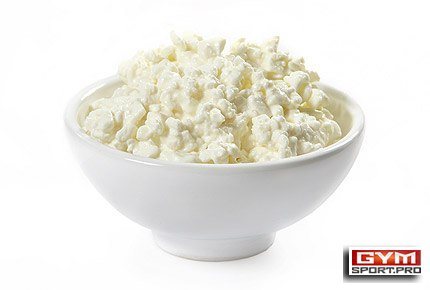
How to avoid confusion when choosing supplements and not be influenced by stereotypes? People very often confuse protein with steroids. The media adds fuel to the fire, blaming protein as a “chemical”, from which not only muscles grow by leaps and bounds, but also the consequences of use. First, you need to choose a quality product in a trusted store from a trusted manufacturer. The protein mixture should consist exclusively of concentrated protein, which is obtained from ordinary food products: milk and whey, from eggs. That is, there are several types: casein, whey, protein. As you can see, there were no hormones here, but essential amino acids for a growing organism - yes.
Having understood the origin, we can pose the question differently: “Is protein harmful to humans?” Protein is known to cause allergies, so if you are prone to allergic reactions, be sure to visit a doctor. If the child has already taken the supplement, then proven activated carbon, a 2nd or 3rd generation antihistamine, and a sorbent will help. If the situation is permanent, immediately visit an allergist. The additive will, at best, cause indigestion, and at worst, skin rashes and dermatitis. Abuse is absolutely contraindicated - you need exactly as much as is calculated for a certain weight (for a teenager, the norm is 0.9 g of protein per kilogram). The most optimal time to take it would be a 45-minute break after an intense workout. You can experiment by adding protein powder to smoothies, juices, and morning oatmeal (if you have a hard workout ahead).
You can often hear the question of whether protein is addictive. As mentioned above, this is not a hormone, so there will be no physical dependence. However, behind the desire for a beautiful body and the desire to please the opposite sex, adolescents may think about increasing the dosage, increasing the frequency and intensity of training. This is a fundamentally wrong decision. The muscles must rest, and the dosage is calculated individually; overeating will not improve the results, alas.

It’s up to you to choose the product yourself or seek the help of a consultant, but it’s still better to seek advice from a person who will help you choose from a variety of products that are suitable for the teenager’s training regime, the current state of muscle mass, and current weight.
So, protein has exactly the same effect on both adults and teenagers. Only your wallet may suffer from this product (after all, protein is an expensive pleasure), and you will also need to follow a special diet and not lead an inactive lifestyle. If you follow moderation in everything, you can get amazing results. Be healthy!
Borders exist
Many guys don’t even think about the age at which they can drink protein. They just look at older guys and completely repeat their actions. Moreover, even the dosage of more advanced in sports and already adult guys is thoughtlessly duplicated. There are a lot of cases where boys of 13-14 years old actively “stuff” protein into themselves in the hope of seeing Schwarzenegger in the mirror. But is it necessary to make such “sacrifices”?
For most trainers, it is considered the norm to recommend sports nutrition to beginners, starting from 15-16 years old. In turn, manufacturers do not agree with this. As a rule, you can find the “18 years” restriction on protein packages. How do the coaches explain this? They claim that this figure is only reinsurance for the manufacturer in case of an emergency.
As for problems after taking them, they are possible only in the following cases:
- if you drink sports nutrition, regularly increasing the dosage;
- if you consume proteins on your own (and mix them with other additives) without the consent of a professional (it doesn’t matter how old you are).
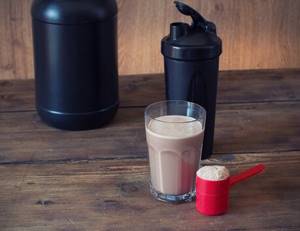
Growing body and protein supplements
Before answering the question about the appropriate age to start taking sports nutrition, it’s worth understanding why a teenager needs it in the first place. Maybe ordinary foods are enough to provide a growing body with all the necessary vitamins, minerals and amino acids?
In most cases, the parents of a teenage athlete do not understand such issues and trust the opinion of the coach. Some of them are confident that sports nutrition will help their child build muscle. This does not take into account errors in training or lifestyle in general.
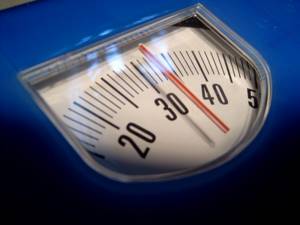
Is it necessary to rely on nutritional supplements if a teenager is naturally thin?
Sometimes parents try to correct their teenager’s natural thinness with the help of nutritional supplements, not realizing at all that this is impossible. First, you need to create a proper training program, otherwise no amount of protein shakes will help him gain muscle mass. And only after this can we move on to the question of at what age you can use sports nutrition.
How does the teenage body work?
To understand whether teenagers under 18 years of age can drink sports nutrition (in particular, protein), you need to clearly understand the peculiarities of how a young and growing body works. During this period, processes occur at an incredible pace. If you consume protein or other sports nutrition, your metabolism can be disrupted. In the future, the failure develops progressively, and a small “game” with sports nutrition can end, for example, in obesity at the age of 16. Of course, how much and in what volume the supplement was taken is of great importance, but the principle remains the same.
Many believe that taking supplements at the age of 13-16 can significantly accelerate muscle growth. In fact, everything happens the other way around. As we mentioned, disruptions may occur in metabolic processes. The body needs to act, and it directs all its forces to overcome the problem. As a result, resources are spent not on mass gain, but on struggle. The result is a weakened state, lack of energy and results. In the future, no matter how much protein enters the body, there will be no use. The reverse process, which we mentioned above, is also possible.
What's the result?
Despite the fact that proteins are sold on every corner, they must be consumed wisely. If you are under 18 years of age, you should not take supplements indiscriminately. Not because they are harmful (quite the contrary). It’s just that at this age you can try to use the body’s natural resources.
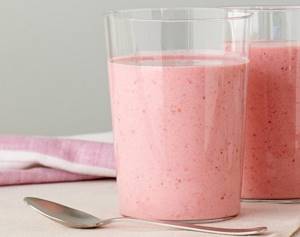
The young body does not need additional proteins - it gets everything with food. How much protein is needed? On average, it is recommended to consume about 1.5-2 grams per kilo of weight. But at the initial stage, the dosage can be made more loyal.
If protein intake is necessary to achieve sports results, then a specialist will help. He will tell you how much is better to take supplements, and at what age it is better to start.
Protein - what is it?
Before we find out at what age you can drink protein, let’s first figure out what it actually is.
In recent years, a myth has emerged that protein is an anabolic steroid used to build muscle mass. Let’s not beat around the bush and say it straight away: protein has nothing to do with illegal steroid drugs. This is an ordinary food supplement, which, as a rule, is created from natural products. In a broader sense, protein is just another name for protein.
